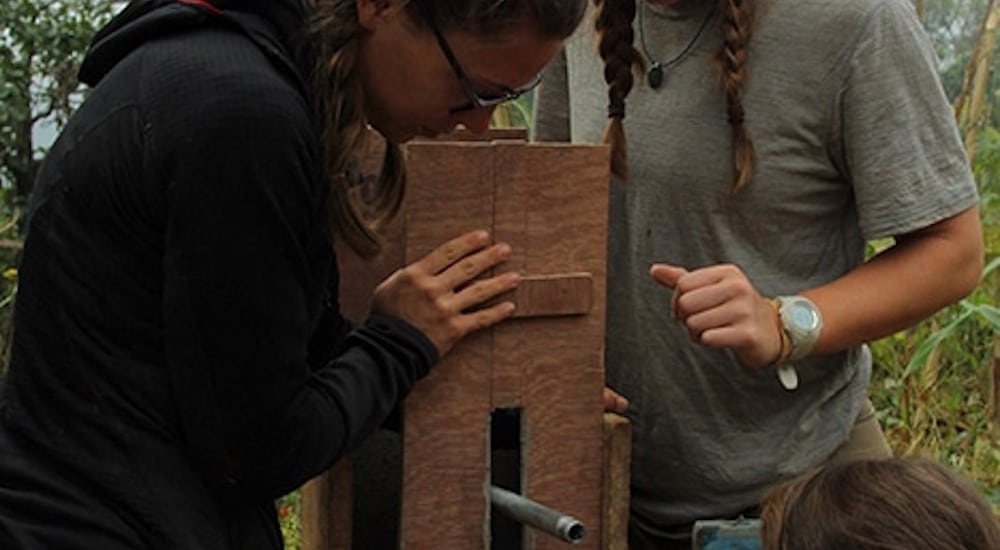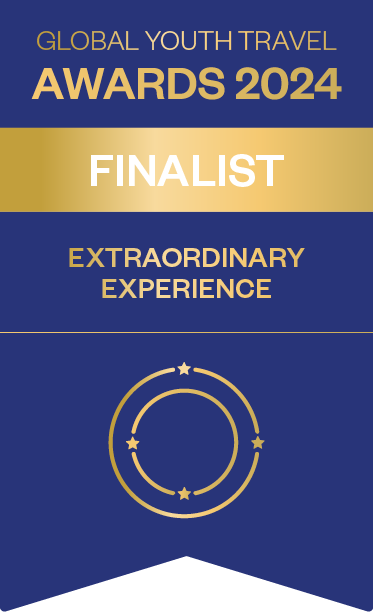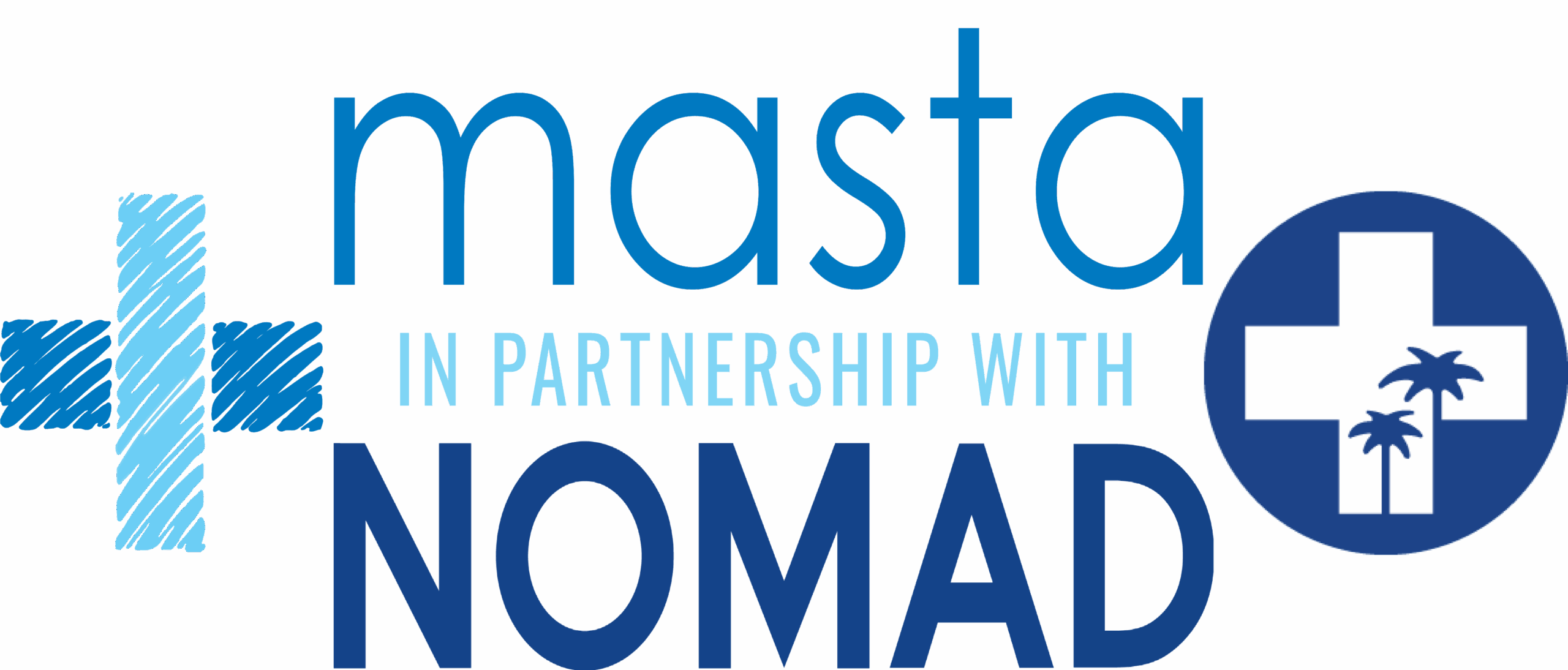An interview with the Head of the Water User Committee in Khastar
Who is Hari Prasad Poudel
Hari Prasad Poudel is the head of the Water User Committee (WUC) in the village of Khastar, where Raleigh Expedition volunteers have been working with the community to facilitate improvements in the water system.
Over the last few weeks, work has included building tap stands for community members (therefore improving their access to water) and digging ditches ready for more pipelines to be installed. Volunteers in Khastar have also worked closely with the local school to raise awareness of the importance of hygiene practices.
We spoke to him about his experience.
Hari’s story
“I used to work in India, in the government, and came back to Nepal in 1995 where I worked in politics, and I’m now retired. In 1997, I established a Water User Committee (WUC) and some villages. When not fulfilling these duties, I worked as a farmer and looked after my family and my son’s education.
Before the WUC, I was the ward officer for this area and was in charge of the local school and hospital. When we created the WUC, there weren’t many people living in this village, so it was small. I used to buy my water, so when I started the WUC, I focused on increasing water availability for the community. I currently work as a social worker for this community and help when problems arise. This helps ensure everyone knows and trusts me, and I know what’s happening in the village. I feel well respected in the community.”
What does the Water User Committee do?
“The WUC was established when the population of our village started to increase, as there was a need to manage our water supply and ensure we could provide enough to everyone. Initially, we built a 10,000-litre water tank and pipes for distribution. As the population increased, this was not enough to sustain the village, so we started charging community members 50 rupees per month for water. With this money, we built a second water tank and replaced piping that can be washed away in monsoon season.
The main priority of the WUC is to ensure each community member has the same amount of water regardless of where their tap stand relative to the source. We also ensure that people refrain from using water for irrigation, which can use up a lot. I am working with Raleigh and Goreto Gorkha to ensure their work benefits everyone equally.”
How Raleigh volunteers are helping
Raleigh’s work in Gorkha will help ensure that each member of the water committee will have access to a tap stand, helping the community to repair the damage that has been done to their pipelines. When the 7.8-magnitude earthquake struck Gorkha in April 2015, it not only destroyed houses and damaged innumerable latrines and water systems in remote mountainous areas. The lack of clean water and appropriate sanitation facilities has made life for the affected people even more challenging and often compromised their health conditions. By providing clean water in the communities we work in alongside our partner NGOs and Water User Committees, Raleigh hopes to deliver sustainable change and positively affect the lives of those there.

Improving Gorkha’s Water Distribution Systems
Raleigh’s work in Gorkha will help ensure that each member of the water committee will have access to a tap stand, helping the community to repair the damage that has been done to their pipelines. When the 7.8-magnitude earthquake struck Gorkha in April 2015, it not only destroyed houses and damaged innumerable latrines and water systems in remote mountainous areas. The lack of clean water and appropriate sanitation facilities has made life for the affected people even more challenging and often compromised their health conditions. By providing clean water in the communities we work in alongside our partner NGOs and Water User Committees, Raleigh hopes to deliver sustainable change and positively affect the lives of those there.
Need more Expedition information?
Hear from a Raleigh alumni about life on Expedition.
You’ll find everything in one place about our Expeditions.
Send us an enquiry with what you’d like to know more about.




